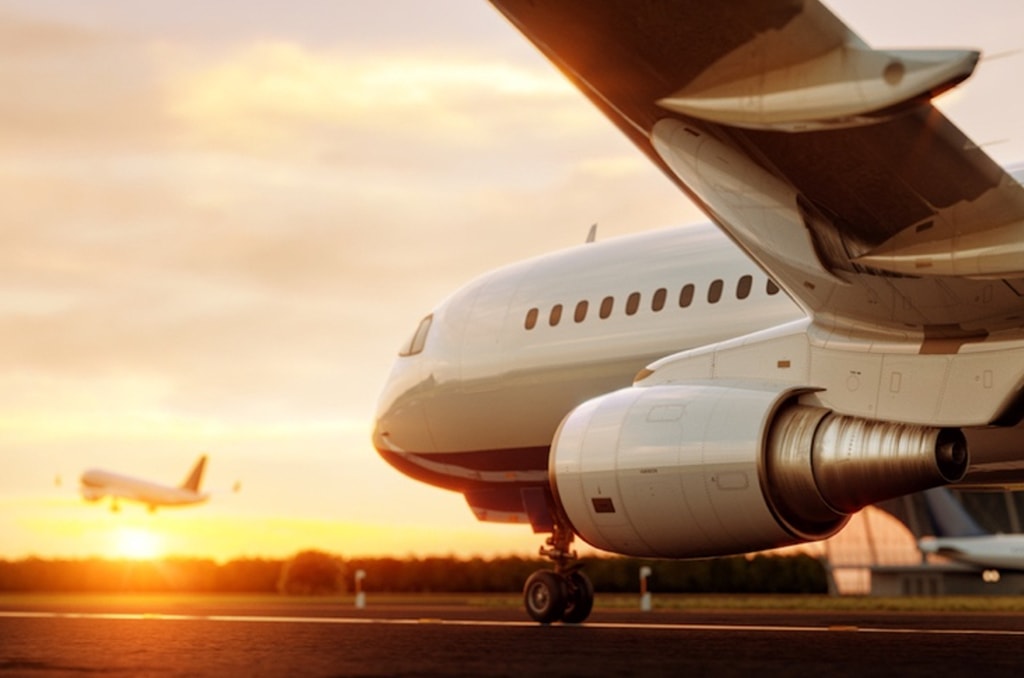IAMA Sets Up Virtual Think Tank to Ease COVID-19-Related Challenges for Airlines and Lessors
Share

Videoconferencing platforms and remote working tools have seen a significant uptick in usage as many around the world adjust to the new normal of working from home during the coronavirus pandemic. The air travel industry is pivoting, too: Yesterday alone, APEX’s Future Travel Experience announced a virtual event schedule, and IAMA launched a series of web-based events and an online platform designed to address short-term technical hurdles amid the crisis.
Yesterday, the Independent Aircraft Modifier Alliance (IAMA) launched a virtual think tank, called IAMA VTT, to help airlines and lessors maintain the airworthiness and safety of their aircraft in anticipation of their return to service after the COVID-19 crisis is over. As part of IAMA VTT, the alliance will host a series of virtual discussions with representatives from the IAMA leadership, members, commercial aircraft owners and their related associations.
“We want to help the aviation industry get past this situation by offering our significant technical resources to facilitate crisis resolution.” – Marc Pinault, IAMA chairman
“The aviation industry, and airlines in particular, are faced with situations requiring decisions that have never before been considered,” said Marc Pinault, IAMA chairman, and CEO of Eclipse and Eclipse Technics. “Like our colleagues around the world, IAMA members are experiencing the effects of COVID-19, and we want to help the aviation industry get past this situation by offering our significant technical resources to facilitate crisis resolution.”
In addition to these web-based events, IAMA VTT houses a growing catalog of crisis-related products and services for alliance members, airlines and lessors to consult. Non-IAMA members are also free to list their coronavirus-support products and services in the catalog.
IAMA has hitherto been committed to developing common standards for the documentation and quality of supplemental type certificates in the aircraft retrofit and modification market. Its COVID-19 catalog lists a broad range of products and services beyond modification, such as aircraft disinfection, airworthiness reviews, parking and storage, and ad-hoc maintenance support for aircraft transfer.
“The ultimate goal of this program is to ensure fleets are prepared for a safe reactivation and return to service,” said Nicole Noack, managing director of IAMA. “We look forward to the airline ecosystem’s strong and successful emergence from these very difficult and stressful times.”


